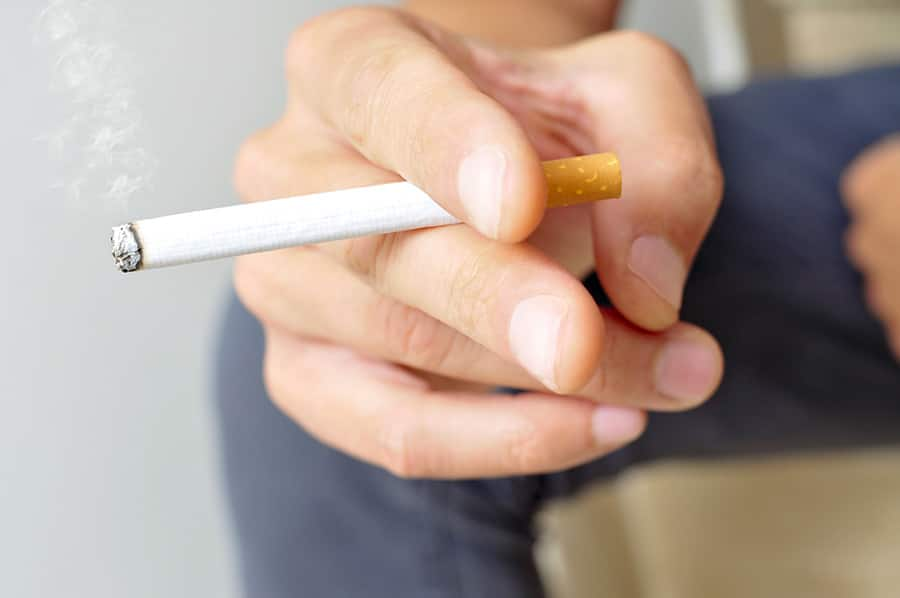1. Sleep in the Proper Position With Supervision
According to postoperative instructions published by Dartmouth-Hitchcock, you should rest with your head elevated above your heart for the 24 hours following your tooth extraction. If you have gauze pads in your mouth to help with the bleeding, it's important to have someone present while you sleep to reduce the risk of choking on the gauze. Dartmouth-Hitchcock recommends asking someone to wake you up approximately every 20 minutes so you can check the gauze.
2. Take Pain Medication as Prescribed
Managing pain is an important part of how to sleep after wisdom teeth removal. The Mayo Clinic recommends following the instructions on your prescribed pain medication or taking over-the-counter medication, depending on your dentist's recommendations. Do not take more than what is recommended if you are still in pain — instead, call your dentist. Holding a cold pack against your jaw while you rest could also help you sleep after wisdom teeth removal.
3. Follow Other Postoperative Instructions
Staying fed and properly hydrated after wisdom teeth removal is important to ensure that your recovery goes smoothly. While the wounds will prevent you from eating normally, there are plenty of yummy options that you can still enjoy. The Mayo Clinic suggests eating soft foods, such as applesauce and yogurt, for the first 24 hours post-op. Drink plenty of water, but don't use a straw for at least a week, as the suction can pull the protective blood clot out of the socket, prolonging the bleeding that can interfere with a good night's sleep.
Dartmouth-Hitchcock's recommendations state that you should not brush, rinse or spit within the first 24 hours after your procedure. On the second day, you may brush your teeth and gently rinse with warm saltwater. While keeping the surgery site clean is important to prevent infection, the sockets need the first 24 hours undisturbed to begin healing properly.
4. Call Your Dentist if You Have Severe Symptoms
If your medication cannot control your pain, the Mayo Clinic urges you to call your dentist immediately. Also, if you experience excessive swelling or bleeding, this may be a sign of infection, and you should call your dentist right away.
Knowing how to sleep after wisdom teeth removal is imperative for the healing process. Make sure that you sleep in the correct position with supervision, take your medication properly and treat your mouth gently. If something goes wrong and you suspect infection, or if you're unable to sleep due to pain, contact your dentist. They can examine the surgery site and provide additional guidance on how to get quality sleep after your procedure.
Oral Care Center articles are reviewed by an oral health medical professional. This information is for educational purposes only. This content is not intended to be a substitute for professional medical advice, diagnosis or treatment. Always seek the advice of your dentist, physician or other qualified healthcare provider.
ORAL HEALTH QUIZ
What's behind your smile?
Take our Oral Health assessment to get the most from your oral care routine
ORAL HEALTH QUIZ
What's behind your smile?
Take our Oral Health assessment to get the most from your oral care routine














